
Army observes September as Suicide Prevention Month
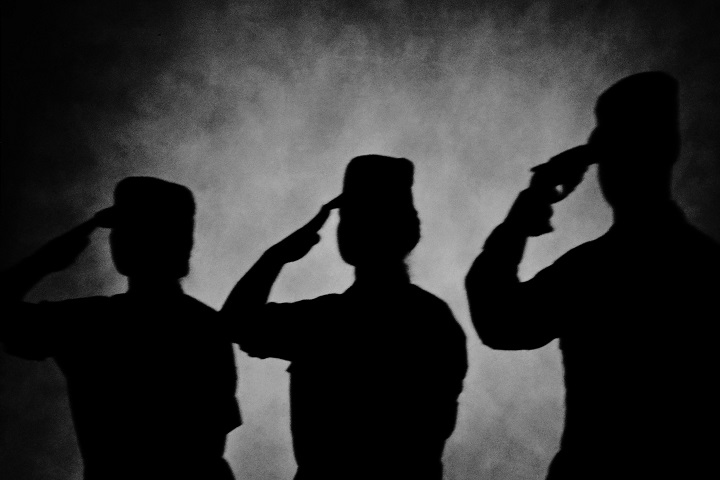
Effective suicide prevention requires everyone to be aware of the risk factors for suicide and know how to respond. (U.S. Air Force graphic)
The Army is committed to the health, safety, and well-being of its Soldiers, Department of the Army civilians, and families. To emphasize this commitment, the Army is joining the nation in observing September as National Suicide Prevention Month.
Every person has a responsibility and commitment to reach out and help fellow Soldiers, civilians, or family members who need the strength of the Army. Together, a difference can be made by helping those who are at risk and suicides can be prevented.
Effective suicide prevention requires everyone to be aware of the risk factors for suicide and know how to respond.
If a person seems suicidal, the time to take action is now. Talk to that person before it is too late. Be direct and talk openly. Listen, and allow them to express their feelings.
Battle buddies are the front line in surveillance and detection of high-risk behavior. Be a buddy, learn the warning signs of suicide, and find out how to help someone threatening suicide.
Employ ACE
Ask, care, escort, or ACE, is an easy-to-remember acronym that any Soldier, leader, family member, or civilian can use.
- Ask your buddy – Have the courage to ask the question, but stay calm. Ask the question directly, “Are you thinking of killing yourself?”
- Care for your buddy – Remove any means that could be used for self-injury. Calmly control the situation; do not use force. Actively listen to produce relief.
- Escort your buddy — Never leave your buddy alone. Escort to the chain of command, a chaplain, a behavioral health professional, or a primary care provider.
Know the signs
Do you know the warning signs for suicide?
If anyone you know exhibits the following signs, get help as soon as possible by contacting a mental health professional or by calling the National Suicide Prevention Lifeline at 800-273-TALK.
- Threatening to hurt or kill oneself or talking about wanting to hurt or kill oneself.
- Looking for ways to kill oneself by seeking access to firearms, available pills, or other means.
- Talking or writing about death, dying, or suicide when these actions are out of the ordinary for the person.
- Feeling hopeless.
- Feeling rage or uncontrolled anger or seeking revenge.
- Acting reckless or engaging in risky activities.
- Feeling trapped.
- Increasing alcohol or drug use.
- Withdrawing from friends, family, and society. This includes feeling anxious or agitated, being unable to sleep, or sleeping all the time. It also includes experiencing dramatic mood changes or seeing no reason for living or having no sense of purpose in life.
Disclaimer: Re-published content may have been edited for length and clarity. Read original post.
Kristin Gwin, Walter Reed Social Worker Talks About Getting Help
Video
9/12/2018

Kristin Gwin, a Social Worker at Walter Reed National Military Medical Center understands that getting help can be an intimidating process. She offers advice on how to get started by letting a professional know you want help.
Stopping bullying takes understanding, involvement
Article
9/7/2018
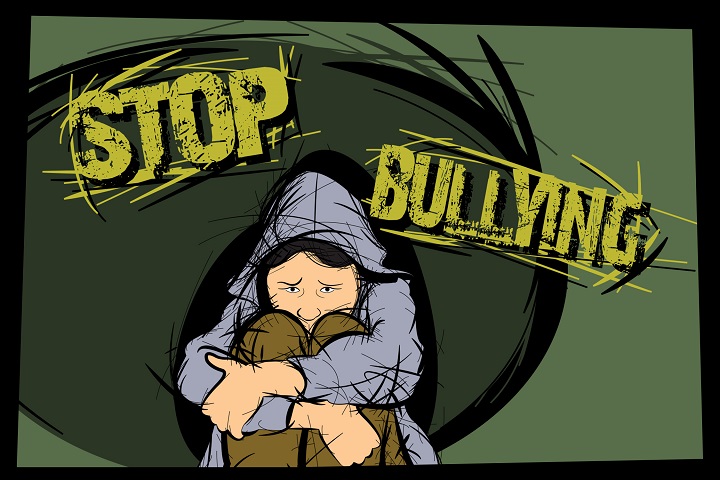
Bullying can leave visible and invisible wounds and have lasting effects on children and teenagers. Signs of the behavior can vary, and bullying others and being bullied are not mutually exclusive, experts say.
Suicide Prevention Month 2018
Video
9/4/2018

September is Suicide Prevention Month. No one fights the battle alone. Make it your mission to #BeThere for each other.
How sharing my PTSD struggles helped others—and me
Article
9/4/2018
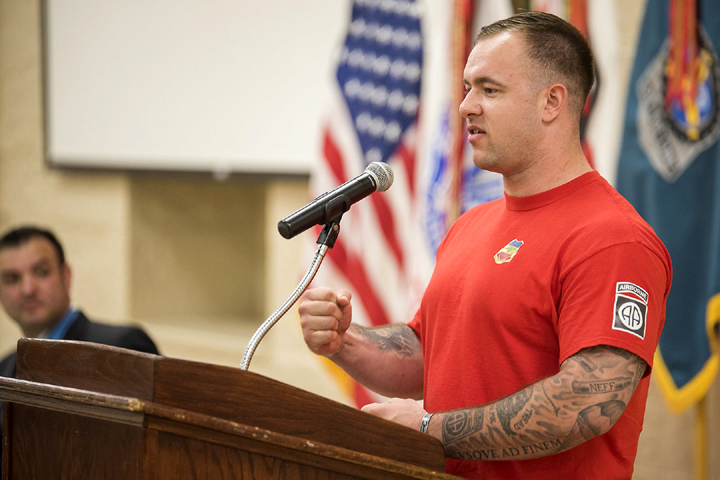
Army Sgt. Jon Harman 82nd Airborne Division, liaison officer at Walter Reed Military Medical Center
Soldier uses school project to combat suicide
Article
9/29/2017
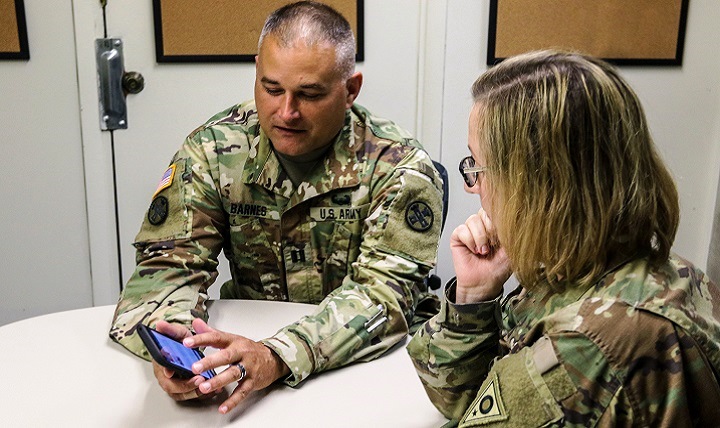
Army Capt. Michael Barnes is channeling his passion for helping veterans to get a master’s degree in nursing
Into the woods: Does nature nurture healing?
Article
9/29/2017

The goals of the Green Road project are to provide empirical evidence for the healing power of nature in wounded warriors and their caregivers
One small act can save a life
Article
9/26/2017
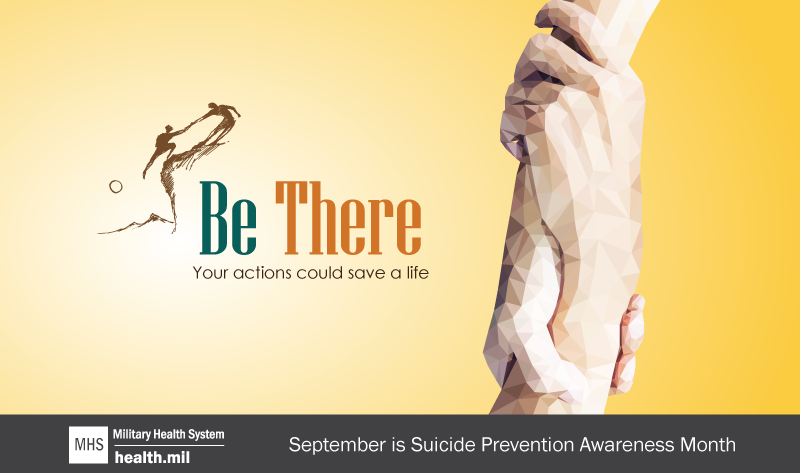
There are no specific demographics associated with suicides, but there may be warning signs
Retired Gen. Ham: I got emotional support. You can, too.
Article
9/14/2017

Army leader got emotional help after Iraq deployment, then earned more stars
Resources, resiliency help military children turn away from suicidal thoughts
Article
9/12/2017

Children of military parents face some real challenges, such as frequent relocations, which can make them feel isolated and turn to thoughts of suicide; Find out more about how you can keep them resilient
Suicide Prevention: Each of us has an important role to play
Article
9/5/2017
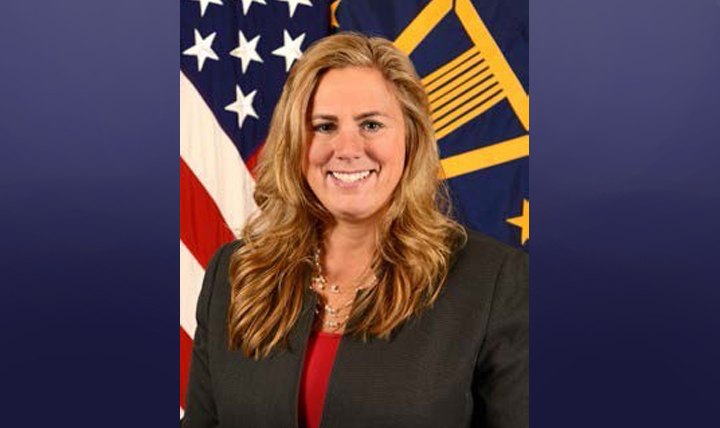
September is Suicide Prevention Awareness Month
New peer-support service launches
Article
11/25/2016
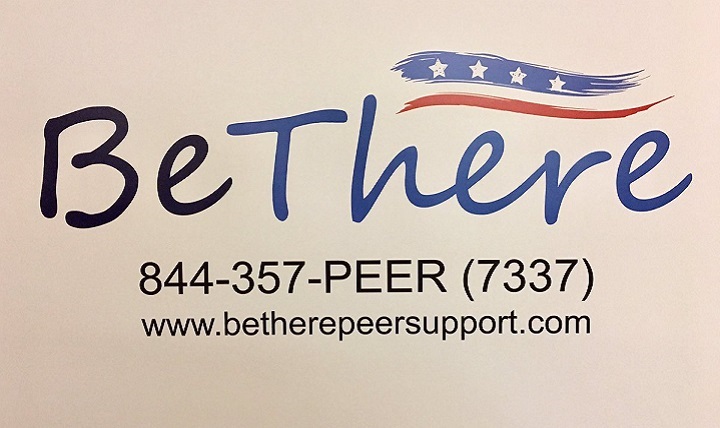
The DoD “BeThere” peer support call and outreach center is staffed by peers who are veteran service members and family members of veterans
Defense Suicide Prevention Office
Presentation
11/1/2016
Defense Suicide Prevention Office briefing for the Defense Health Board, Nov. 1, 2016.
Mourning the loss of a loved one from suicide
Article
10/4/2016
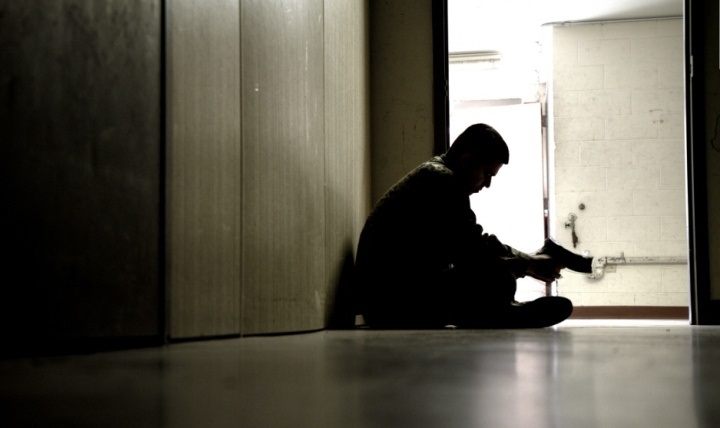
Coping with the loss of a family member or friend to suicide can present a range of challenges and emotions. Services, tools and advice are available to help those who are or have gone through this experience.
Why suicide prevention holds a special place in my heart
Article
9/27/2016
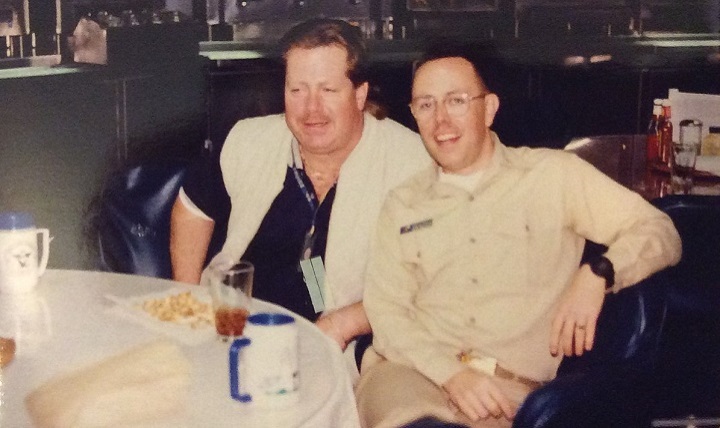
Navy Medicine’s chaplain recounts his story of ‘the why’
Shattered Mirror
Photo
9/21/2016

Army Private 1st Class Luselys Lugardo, a soldier assigned to the New Jersey Army National Guard, poses in front of a shattered mirror for a portrait. The shattered glass represents the way suicide hurts families, friends and coworkers. (U.S. Air Force photo by Tech. Sgt. Matt Hecht)


































No hay comentarios:
Publicar un comentario